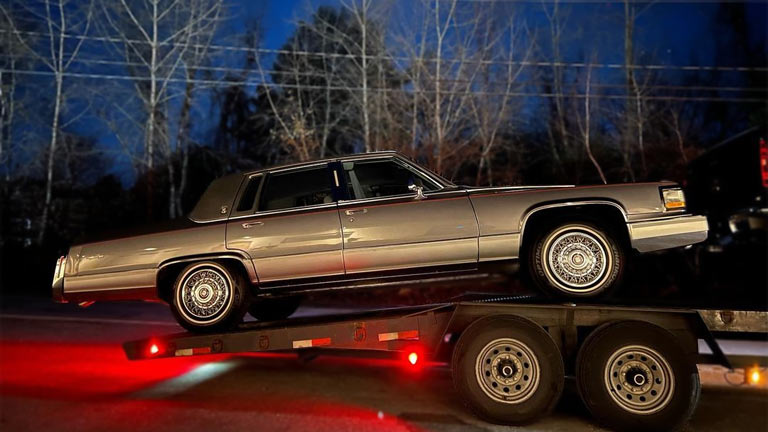 Achieving more power is one of the most common reasons why people consider turbocharging their cars. After all, there’s nothing like the feeling of shooting off like a rocket when you put the pedal to the metal. Still, not every vehicle is going to benefit from turbocharging. Will yours? Read on to learn five things worth considering before turbocharging your ride.
Achieving more power is one of the most common reasons why people consider turbocharging their cars. After all, there’s nothing like the feeling of shooting off like a rocket when you put the pedal to the metal. Still, not every vehicle is going to benefit from turbocharging. Will yours? Read on to learn five things worth considering before turbocharging your ride.
Essential Upgrades
When you start looking at turbocharging your vehicle, there are several parts like a blow off valves that may or may not be essential to add. Before long, the expenses have added up, and you realize that it’s not a cost-effective process after all.
Therefore, before you start ordering parts or talking to experts, find out what turbo components are necessary, and what is merely for show. Blow off valves, for example, are an essential addition. These valves form part of the forced induction system. Their job is to vent off the pressure surges between the turbo and throttle body.
Engine Compartment Space
Turbocharging parts can take up a lot of space in an engine compartment. Vehicles with small production engines don’t always have a lot of unused space for upgrades. Therefore, not only do you have to pay attention to which turbo parts you need, but which ones will fit.
If you’re not sure, talk to your local turbo expert. Even better, find someone who has the same make and model as you and has already completed a turbo upgrade.
ECU Handling Ability
Even if your car has plenty of spare engine compartment space, that doesn’t mean your ECU will be compatible with a turbocharged engine. The job of the engine control unit is to determine how much fuel to inject in your engine. Atmospheric conditions and your throttle position can be deciding factors.
What’s more, ECUs are different for each car, with some containing a MAF-based system, while others feature a MAP system. A stock-standard ECU might work with turbocharging, but it depends on a whole range of variables.
Injector Capabilities
Turbochargers were first introduced to the market in the 1980s and grew in popularity in as little as a decade. Even today, cars that don’t roll off the production line with turbo components are being equipped to handle them.
Even if your vehicle has all the makings of one that can be turbocharged, have you considered whether your injector is compatible with such a setup? A larger injector may be required for a turbocharger, but you also may need a larger fuel pump to supply those injectors.
Who Will Do It?
By 2019, there were over 230,000 auto repair and maintenance establishments in the United States. That means there are tens of thousands of options for who can carry out the process of turbocharging your engine.
Many things should factor into the decision you make, including quality parts, experience, price, reputation, and timeliness.
Always opt for high-quality, genuine parts for your car. It also helps if you choose someone to carry out those upgrades who is used to working on vehicles like yours. Turbocharging an engine is a technical process, so never opt for less than the best, even if it costs you a little more.
When you’ve got the need for speed and a passion for power, turbocharging your engine can be a way to achieve it. However, that doesn’t mean your vehicle is quite ready for the upgrade. Factor in the engine compartment space, essential parts, and the capabilities of components like injectors. You can then choose an expert to take care of turbo and all the hard work.




